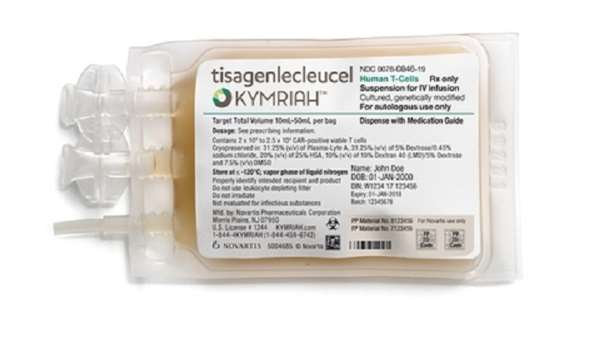CAR T-cell cancer therapy approved for use in Japan, offering new hope for young leukemia patients
An expert panel of the health ministry on Wednesday approved production and sales of a chimeric antigen receptor T-cell cancer therapy, which gives hope to young leukemia patients who cannot be cured with existing anti-cancer agents.
An expert panel of the health ministry on Wednesday approved production and sales of a chimeric antigen receptor T-cell cancer therapy, which gives hope to young leukemia patients who cannot be cured with existing anti-cancer agents.
The health minister is expected to give final approval in the near future. This will be followed by a process to fix its price under the public health insurance system.
The CAR T-cell therapy is likely to join the list of drugs and treatments covered by the system as early as May, according to informed sources.
In the therapy, T-cells, a type of immune system cell, are taken out of a cancer patient and put back in after being genetically modified to attack cancer cells.
Treatments involving CAR T-cells have been developed by several companies. The Kymriah therapy developed by Swiss pharmaceutical giant Novartis will be the first one to win Japanese approval.
The treatment, which is conducted with only one dose of CAR T-cells, is reported to be highly effective. But a single application costs some ¥50 million in the United States, where the treatment is already an approved therapy.
In Japan, out-of-pocket costs for patients are expected to range from tens of thousands to hundreds of thousands yen, depending on their income level.
The rest will be covered by public health insurance, raising concern about the therapy’s financial impact on the system.
The therapy will be used on patients with B-cell acute lymphoblastic leukemia who are age 25 or younger and patients with diffuse large B-cell lymphoma who cannot be cured through existing anti-cancer agents. It is estimated there are 250 such patients each year.
In a clinical test involving Japanese patients, the treatment proved effective in about 80 percent of patients with B-cell acute lymphoblastic leukemia, and in about half of patients with diffuse large B-cell lymphoma.
Reference:https://www.japantimes.co.jp/news/2019/02/21/national/science-health/car-t-cell-cancer-therapy-approved-use-japan-offering-new-hope-young-leukemia-patients/#.XKM8U1UzaUk





ارسال به دوستان